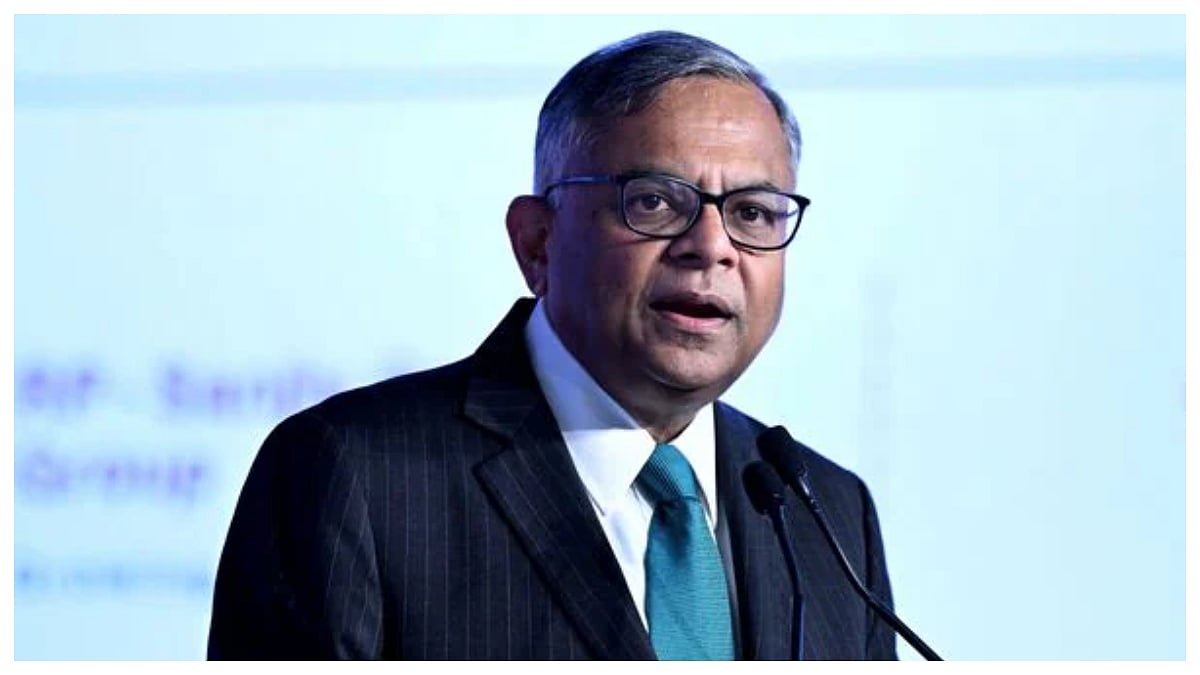Fintech, otherwise called internet finance or digital financial inclusion, simply refers to an amalgamation of finance and information technology. It constitutes payment and settlement, risk management, networking channels, and resource allocation functions. Fintech has expanded dramatically in the financial industry thanks to the rapid expansion of the internet, information technology, mobile phones, and digital technologies. Financial services are being transformed by digital innovation. Digital financial services (DFS) are financial services which rely on digital technologies for their delivery and use by consumers. Fintech refers to digital technologies that have the potential to transform the provision of financial services spurring the development of new — or modify existing — business models, applications, processes, and products. In practice, the term “Fintech” is also broadly used to denote the ongoing wave of new DFS.
Mobile money, peer-to-peer (P2P) or marketplace financing, robot advice, insurance technology and crypto-assets are examples of financial technology innovations that have evolved around the world. Fintech has already improved retail users’ access to and convenience with financial services during the last decade. As of June 2022, India has a total of 21 Fintech unicorns. The payments sector had the highest number of start-ups with over 400 across India as of 2020.
The global Fintech market is expected to achieve a value of approximately $324 billion by 2026, growing at a CAGR of about 23.41% between 2021 and 2026. Besides the US and UK, there are plenty of other countries developing strong Fintech hubs. At present, globally, there are 187 Fintech unicorns of which 21 unicorns are in India.
As financial services move towards similar technology-driven configurations, regulators are grappling with questions of how best to regulate and supervise a landscape that is increasingly characterized by new players and business models; and to address potential challenges to financial stability, financial integrity, fair competition, and consumer protection, including data privacy. Currently, India has the highest Fintech adoption rate in the world —at 87% — and significantly higher than the global average rate of 64%. There are many enabling factors for this adoption rate namely, the Digital India initiative, a conducive policy environment, and the presence of a sizeable talent pool.
If traditional players wish to attract profitable clients, they need to evolve and offer interactive solutions of the same level as those of their Fintech competitors. This trend has been fuelled by a steady growth in global investment in the Fintech sector. These new opportunities have the strongest impact on emerging market economies, especially those with a rapidly increasing middle-income population. More specifically, there is now growing demand for financial services by people who previously had no access to the banking sector, as mobile device-based technology enables access to financial solutions without the need of physical banking infrastructure. In financial year 2022, digital payments in India reached a total of over 239 billion Indian rupees. This marks a significant increase from 20.7 billion Indian rupees in financial year 2018. Among the cashless payment options the mobile payment app BHIM (Bharat Interface For Money) overtook debit card payments since 2018. The value of BHIM transactions and debit card transactions increased significantly between 2018 and 2022.
The BFSI sector in India has always been bold and willing to adapt to change, specifically with respect to the rapid digital transformation witnessed across sectors. The shift from offline to online in everything imaginable has changed the lives of everyone across the spectrum and the Fintech ecosystem in India, with its sophisticated technology has come a long way in bringing the unbanked population under the formal banking system.
This is further aided by industry players and regulators who are making great strides in fostering financial inclusion in the country. In recent years, the proliferation of Fintech companies, particularly digital lending platforms, have enabled the vast unbanked population to have access to formal credit through several innovative mechanisms. According to the Fintech Market in India 2021 Report, “as of 2020, India accounted for the highest Fintech adoption rate (87%) and is the biggest destination for investment deals worldwide. The Fintech market was valued at INR 2.30 Trn in 2020 [and] is expected to expand at a compound annual growth rate (CAGR) of 24.56% between 2021 and 2026 to reach INR 8.35 Trn by 2026.”
India is amongst the fastest growing Fintech markets in the world and there are 6,636 Fintech start-ups in India. Adaptability of Fintech is another important factor that needs to be promoted. It is observed that adaptability in urban areas, and amongst young population is high. Fintech has created a great impact in a quite short time span, and yet there is a long way ahead for Fintech.
(Dr. Sarika Mahajan is Faculty at JBIMS and Program coordinator for Msc in Finance; Dr. Srinivasan.R.Iyengar is Director at JBIMS, University of Mumbai)







